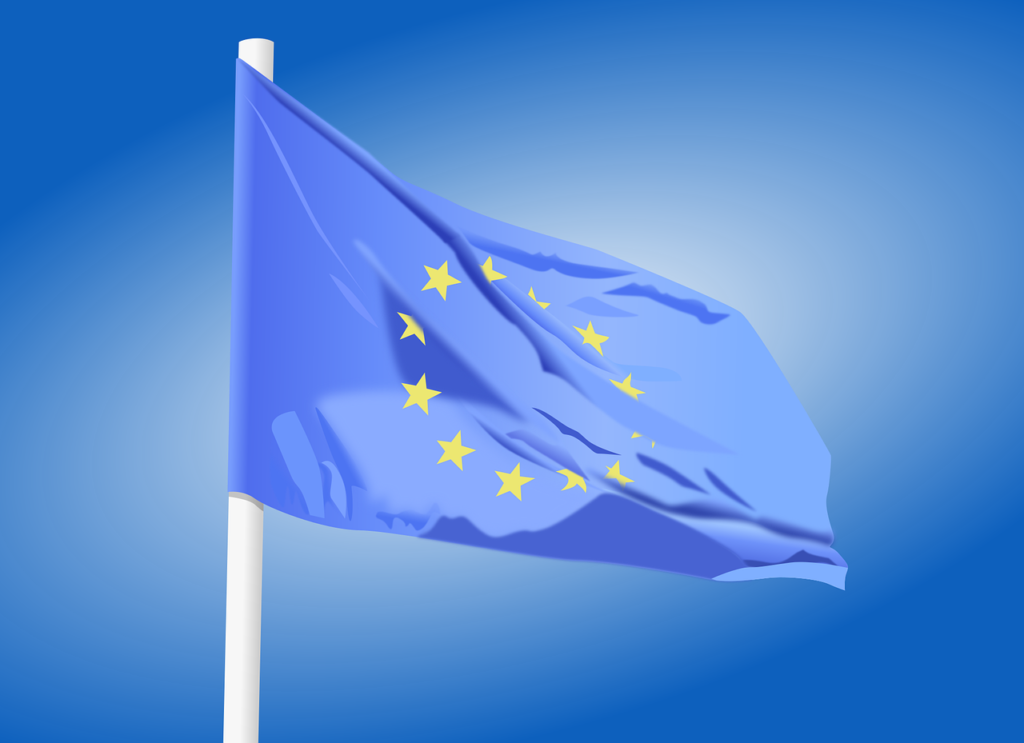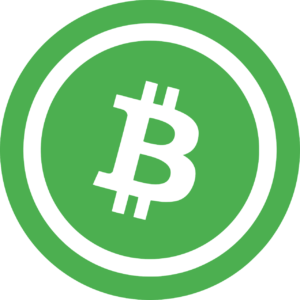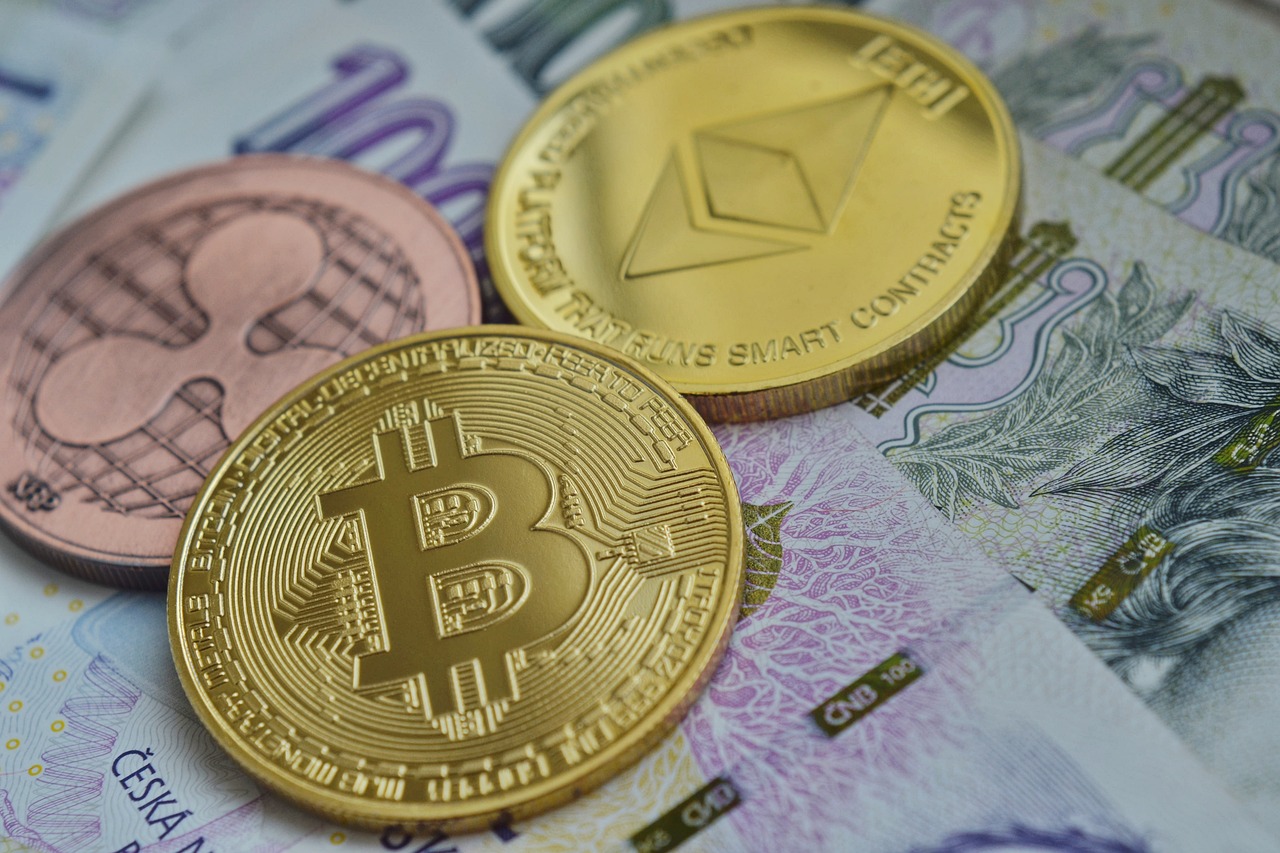Welcome to our latest crypto news today! Here are the most significant developments from the week ending June 30, 2023.
- Switzerland Freezes Terra Labs Funds
- EU Tightens Regulatory Requirements for Banks
- EU finalizes controversial Data Act
- KuCoin introduces compulsory KYC
- Cardano is partnering with Vodaphone to lauch NFT
- Bitcoin Cash dominates bull rally as Wall Street backs token
Switzerland freezes Terra Labs funds

Swiss authorities freeze funds from Terraform Labs (TFL) and its founder Do Kwon. Originally based in South Korea, the company is known for developing the notorious cryptocurrency Terra (LUNA), which collapsed in May 2022.
Kwon had become the figurehead of cryptocurrency early on. The South Korean commented frequently and happily on developments in the crypto scene. Among his stated goals was to make TerraUSD the largest decentralized stablecoin. He wanted to strengthen the ecosystem of his cryptocurrency by making the organization Luna Foundation Guard (LFG) the largest Bitcoin holder on earth.
With the collapse of the ecosystem, everything turned out differently. Kwon’s role in the event remains unclear to this day. South Korean and US authorities have already filed charges against the programmer. They accuse him of fraud, among other crimes.
Most recently, a request from the US authorities in Switzerland was successful. Government authorities confiscated $26 million worth of assets held in both fiat and bitcoin at Zurich-based Swiss bank Sygnum, South Korean Digital Asset magazine reported.
According to current information, the exact ownership structure is unclear. In addition to Kwon and the company TFL, his colleagues Nicholas Platias and Han Chang-joon are also possible owners of the plants.
It is also unclear where exactly the funds come from. South Korean authorities, which monitored the finances in the case, the origin is unknown. It is conceivable that Kwon illegally stole funds from the Luna Foundation Guard – this accusation has been made against him for months. So far, there is no clear evidence for or against this thesis.
Kwon and his colleague Chang-joon are currently being held in Montenegro. The two South Koreans entered Costa Rica with fake passports. Further lawsuits could at least put Kwon behind bars for years.
EU tightens regulatory requirements for banks

The EU will apparently continue to tighten its regulatory requirements in relation to cryptocurrencies in the future. Banks that want to offer cryptocurrencies should therefore invest an equivalent value in fiat currencies in order to reduce the risks for the financial system.
Banks are required to hold one euro of equity for every euro they hold in cryptocurrencies, and such prohibitive equity requirements will help prevent instability in the crypto world from spilling over into the financial system.” The CSU politician Markus Ferber explained the proposals now being discussed back in January.
It is not yet foreseeable whether this exact specification will ultimately come about. For this to happen, a corresponding law would first have to go through the entire legislative process of the EU.
Most recently, the legislature reached a provisional agreement. More detailed provisions are to follow in the future, according to the Economic Affairs Committee of the EU Parliament.
TODAY On Tuesday 27/06 @EP_Economics
negotiators struck a provisional agreement
on changes to Capital Requirements Regulation & Directive #CRR & #CRD @jonasfernandez
w/ #EU2023SE https://t.co/enSmps7L0Z pic.twitter.com/lmd4iZPzBG— ECON Committee Press (@EP_Economics) June 27, 2023
EU finalizes controversial Data Act

Legislative negotiators from the European Union have agreed on new rules known as the Data Act. The responsible politicians describe this as a “measure for a fair and innovative data economy”. However, this assessment is not shared by many people in the crypto scene.
The stumbling block are the specifications that you want to give the developers of Smart Contracts. Smart contracts should therefore be equipped with a kill switch in order to avoid catastrophic errors. The developers of the contracts would then have to act as a central authority and stop the automated process in an emergency.
However, this idea runs counter to the neutral, decentralized nature of smart contracts. The basic principle is that every user is treated equally. A distinction is intentionally not made to prevent manipulation and censorship.
However, if a smart contract can be switched off even though the conditions may have been met by a user to trigger it, the principle of neutrality is violated and opens up possibilities for manipulation.
Ultimately, however, users also criticize the fact that smart contracts are subject to legal requirements at all. Authorities cannot take any real steps to monitor compliance. EU-based companies that publish smart contracts under their own name could be targeted and fined if they disobey the rules.
The law could thereby disadvantage the EU crypto industry because the requirements could ensure that smart contracts developed in the EU fall behind due to their lack of neutrality compared to foreign or anonymous products.
The data law has not yet been finally passed. First, the draft law has to pass the EU Parliament and the EU Council.
KuCoin introduces compulsory KYC

The crypto exchange KuCoin introduces a mandatory know-your-customer (KYC) for new users. The company registered in the Seychelles sent this message to customers by email over the past few days. In a press release, CEO Johnny Lyu confirmed the plan.
KuCoin is the last major crypto exchange not to make KYC mandatory. So far, users have been able to trade cryptocurrencies with each other without having to be identified. There is a limit of one bitcoin per day for withdrawals.
From July 15, however, this should be over. Officially, KuCoin justifies this step with an attempt to create better security for users. According to this, one could hinder fraudsters in their actions.
More realistic is the assumption that KuCoin was pushed by the authorities or at least wants to avoid future conflicts of this kind. Binance experienced a similar development. Although Binance announced for several years that it wanted to offer users as much freedom as possible, the KYC obligation was introduced in August 2021.
Until then, users who only traded cryptocurrencies and did not want to gain access to fiat money did not have to identify themselves.
The updated KYC policy is one of our efforts to maintain high regulatory standards to protect our users. Should you have any trouble going through the process, do not hesitate to contact our support team.” Write Lyu on Twitter.
The updated KYC policy is one of our endeavors to uphold the high regulatory standards for the protection of our users. If you have any issues completing your KYC, don't hesitate to reach out to our support team. https://t.co/NicytRIIbC
— Johnny_KuCoin (@lyu_johnny) June 28, 2023
Pure crypto trading without KYC will remain possible in the future. There are always new crypto exchanges that offer users this opportunity. Most recently, the trading platform BTSE gained notoriety for this. In individual cases, the entire business concept is based on this – for example at TradeOgre.
In addition, there are so-called swappers who have so far hardly been affected by the regulatory disputes. They do not hold their customers’ cryptocurrencies for the long term.
Accounts created by July 15 can continue to withdraw their cryptocurrencies normally. Identification is only required for depositing new funds. Sales are possible, purchases are no longer possible after July 15th.
Cardano is partnering with Vodaphone to lauch NFT

One of the world’s largest telecom companies, Vodaphone has revealed that it will launch an NFT collection on the Cardano network. The company itself confirmed this rumor a few days ago with a provocative Twitter post. Just one day later, a clear message is published on Discord.
Yes, we are planning to release an NFT collection this year and we want to use the Cardano blockchain for that. The reason we chose this blockchain is for the community, sustainability and cross-chain opportunities.” Writes a Vodafone employee named Luca on Discord.
Patrick Tobler shared the image of the announcement on Twitter, attracting a lot of attention. Cardano users in particular are enthusiastic. They hope for a big breakthrough in the blockchain. After all, Vodafone is one of the largest telecommunications companies in the world.
It is official! Vodafone comes to Cardano! Minting takes place via NMKR.” Writes Tobler. NMKR is an NFT platform that aims to promote Cardano NFTs. Tobler himself is one of the developers of the platform.
It's official: @vodafoneservice is coming to @Cardano.
Minting with @nmkr_io. pic.twitter.com/YhSDdRMkWG
— Patrick Tobler (@Padierfind) June 28, 2023
The NFT collection is a project by Vodafone Germany and should even provide real utility for German users. So far, however, one is still undecided as to what the product and utility look like.
We are focused on creating NFTs that provide real value and useful benefits to Vodafone customers. Because we are Vodafone Germany, we can only provide these benefits to German customers. However, we are looking at ways to engage the international community as well.
The NFT-Mint should take place openly instead of with a whitelist. The exact release date is not yet known. Shortly after the announcement, the Cardano course temporarily rose by up to seven percent within a few hours. Corrections are now being made.
Bitcoin Cash dominates bull rally as Wall Street backs token

At the time of writing, the crypto market appears to be in a correction. Until a few minutes ago, the largest cryptocurrencies recorded almost exclusively gains. Now the tide is turning.
Bitcoin drops four percent in minutes. Otherwise, things are suddenly going downhill rapidly. Ethereum is down 3.50 percent. A Wall Street Journal publication is to blame for the red numbers. Accordingly, the SEC rejected applications for Bitcoin Spot ETFs as “inadequate”.
Recently, a registration from BlackRock had caused enormous euphoria. The financial giant was considered almost infallible when registering ETFs. It would have been the first Bitcoin Spot ETF in the US. Experts have already predicted a huge popularity of crypto in the US.
Despite the obstacle, one cryptocurrency, in particular, stands out with its dark green numbers: Bitcoin Cash (BCH). Bitcoin’s little brother has grown by up to 185 percent since June 21. At the time of going to press, the plus in the daily trend was still 21 percent.
The reason for the extreme growth is EDX Markets. It is a new crypto exchange that launched on June 21 and is funded by Wall Street firms Charles Schwab, Fidelity and Citadel.
EDX Markets only offers four cryptocurrencies that are not illegal securities according to the SEC’s previous assessment: Bitcoin, Ethereum, Litecoin and Bitcoin Cash. BCH, therefore, appears to be undervalued. Many investors get in because they see hope for the cryptocurrency in the long term – even with regulated companies.
That’s why BCH almost tripled in value from $109 to $311 within nine days.


